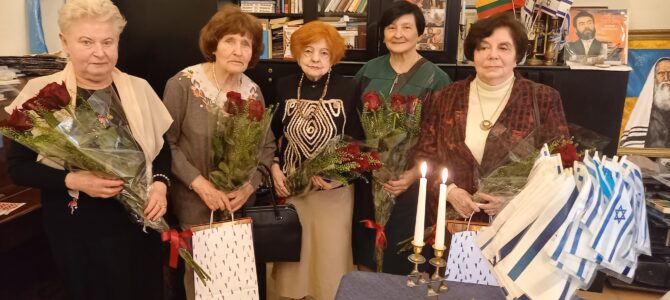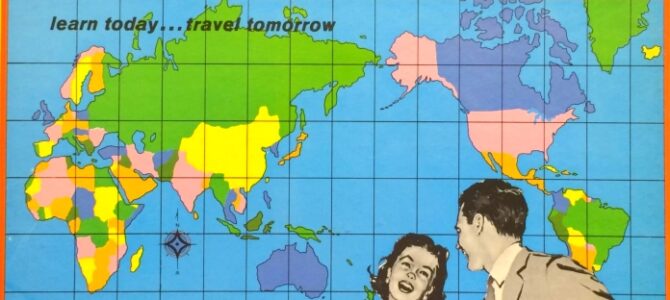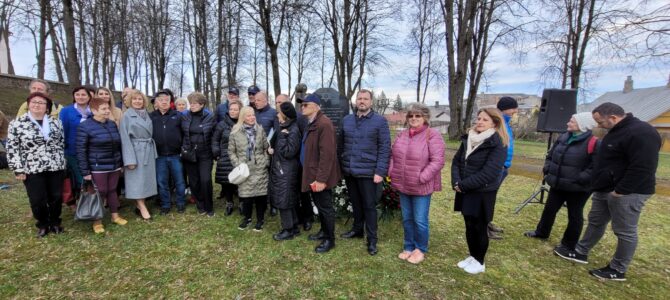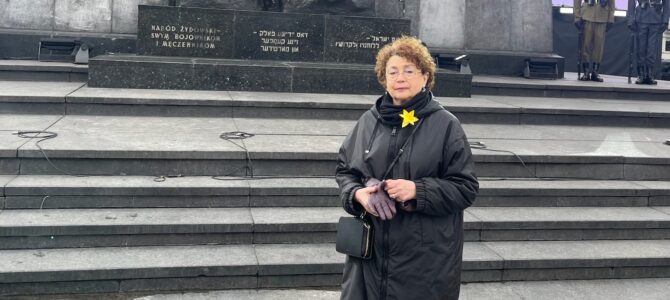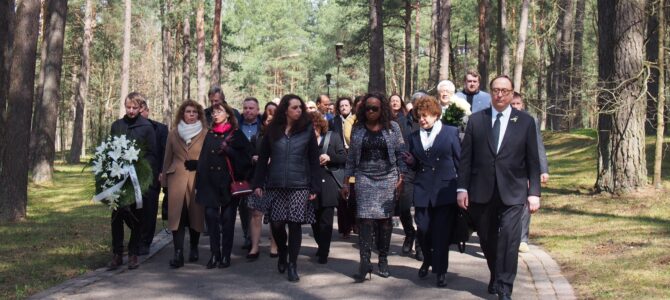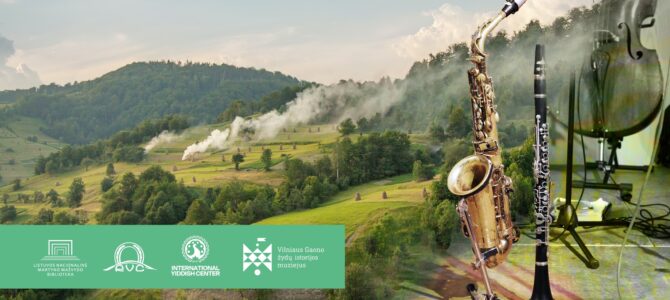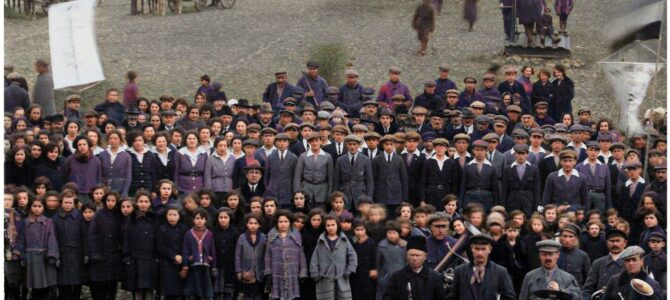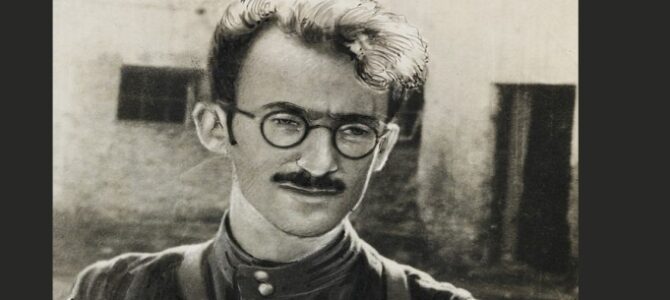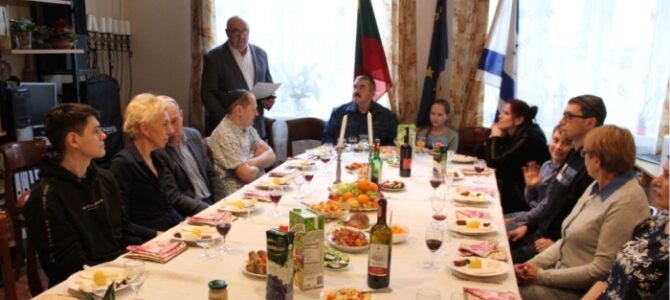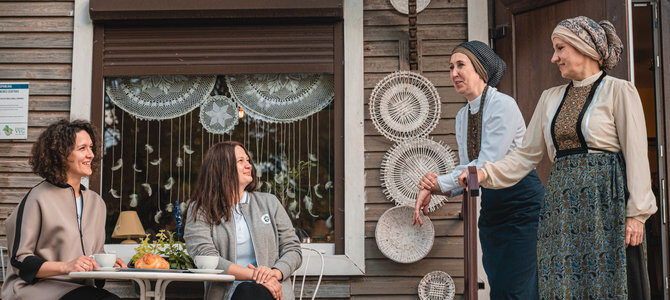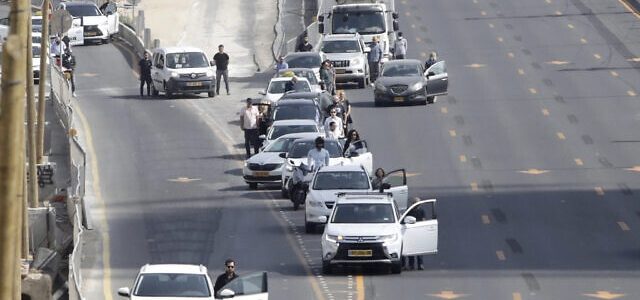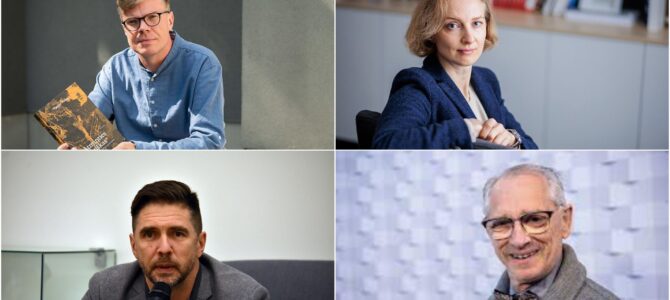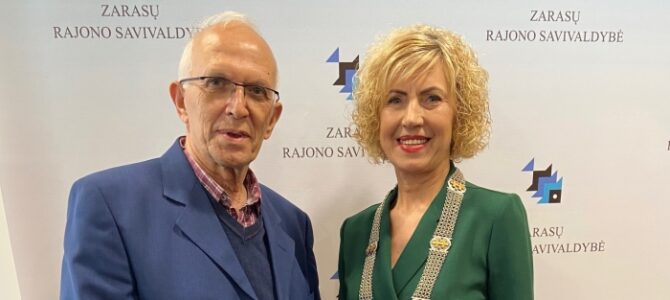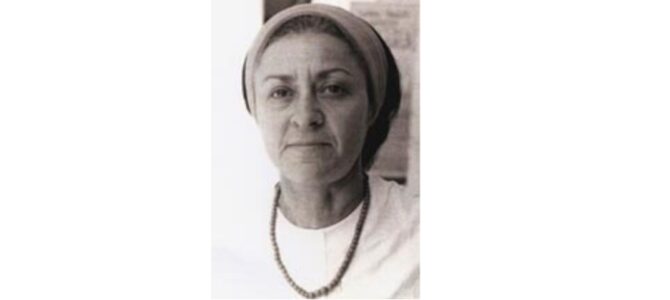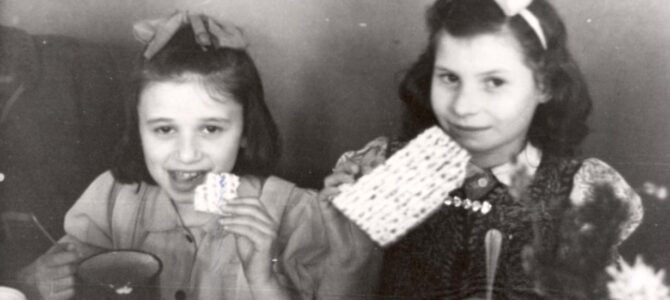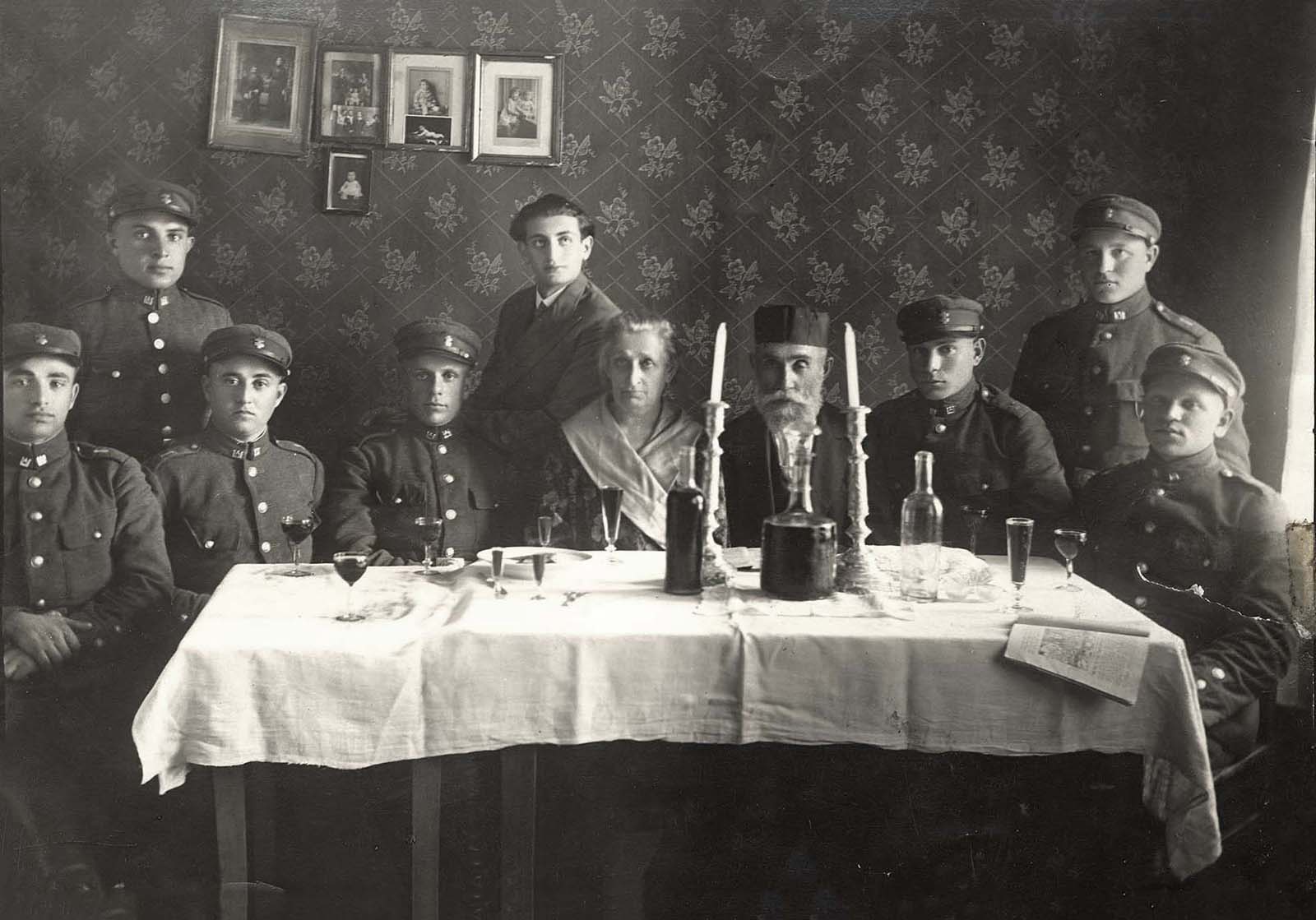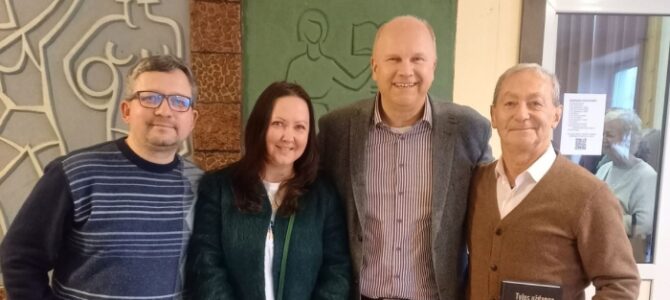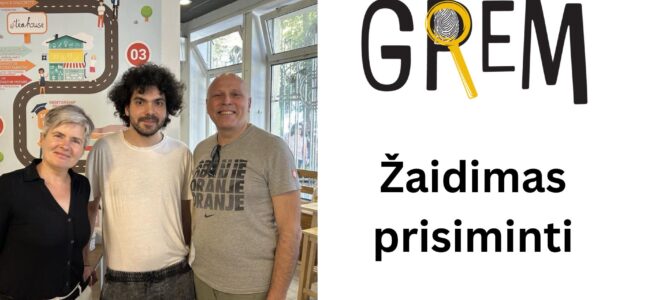by Zelda Kahan Newman
Last updated June 23, 2021
In Brief
Born February 20, 1925. Rivka Basman’s mother died when she was five. Her younger brother was ripped from her hands and murdered by the Nazis, and she escaped from the Nazi death march. After the war, she helped the illegal immigration movement to what was then Palestine. During that time, she met and married the painter Shmuel Ben-Haim, who designed every one of her books. The couple lived on Kibbutz Ha-Ma’apil for sixteen years, where she taught schoolchildren. During the 1960s, she studied comparative literature at Columbia University for one year, and later went to Russia, where her husband was Israel’s cultural attaché. In Russia, she furthered clandestine contacts between Soviet Yiddish writers and the outside world. After her husband died, she added Ben-Haim to her name.
Family and Education
Rivka Basman Ben-Haim was born in Wilkomir (Ukmerge), Lithuania to Yekhezkel and Tsipora (née Heyman) on February 20, 1925. Her mother died in 1930, and her father remarried; he and his second wife had a son, Aharon (Arele).
As a child, Rivka attended a Yiddish-speaking folk-shul, and she and her classmates read and delighted in the poems and stories of the Yiddish woman writer Kadya Molodowsky. Even then, she wrote poems in Yiddish. She continued studying in a Lithuanian gymnasium (academic high school), but in 1941, before she could graduate, her family moved into what later became the Vilna ghetto. She spent two years in the ghetto, where she met the poet Abraham Sutzkever and read him her poems in Lithuanian and Yiddish. He encouraged her to write only in Yiddish and was her mentor and friend till his death.


